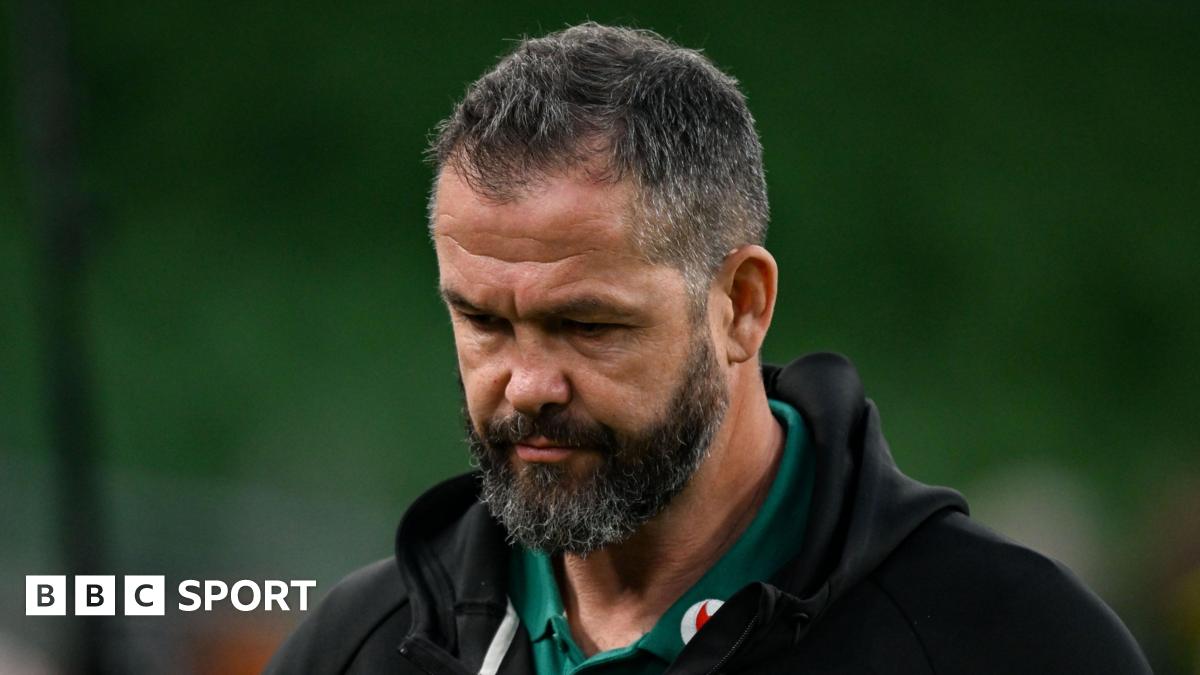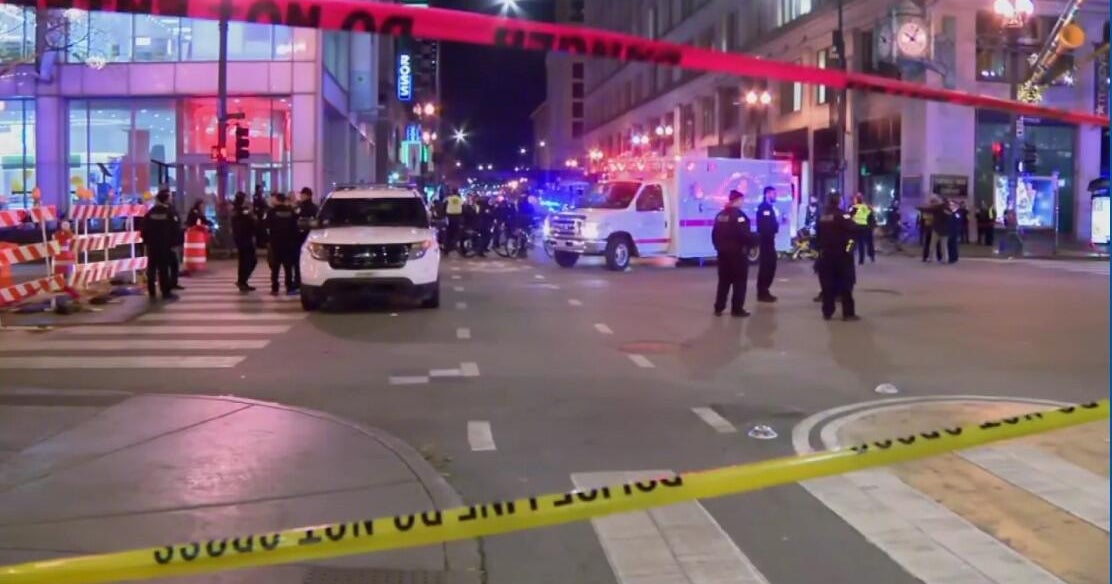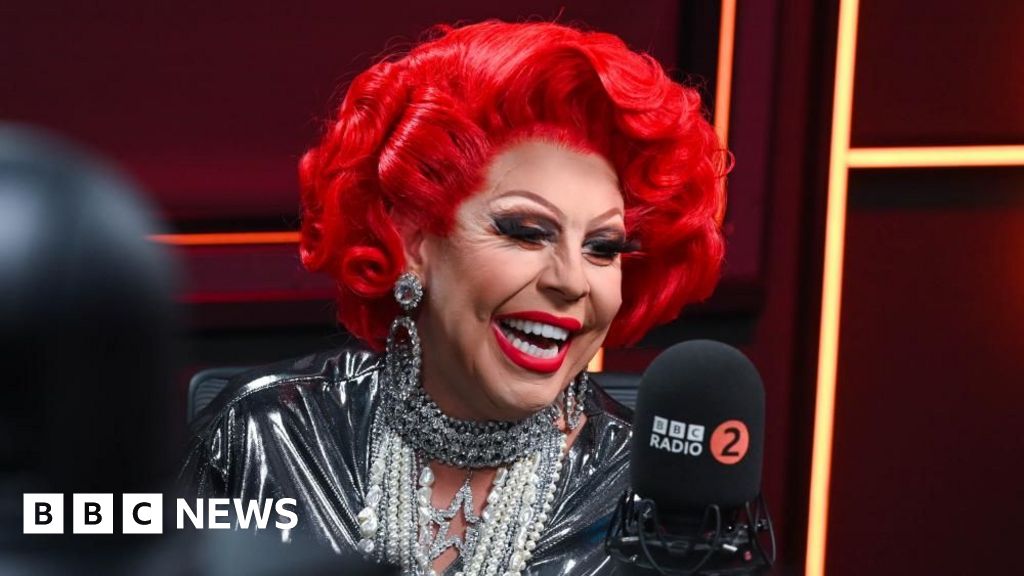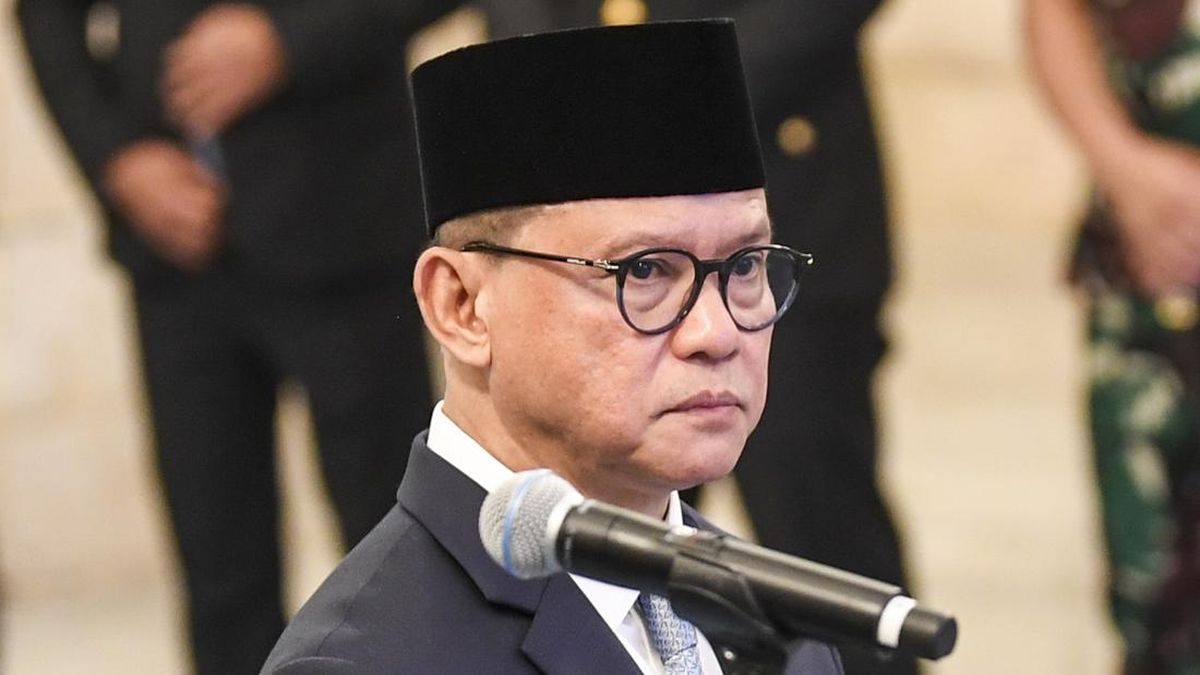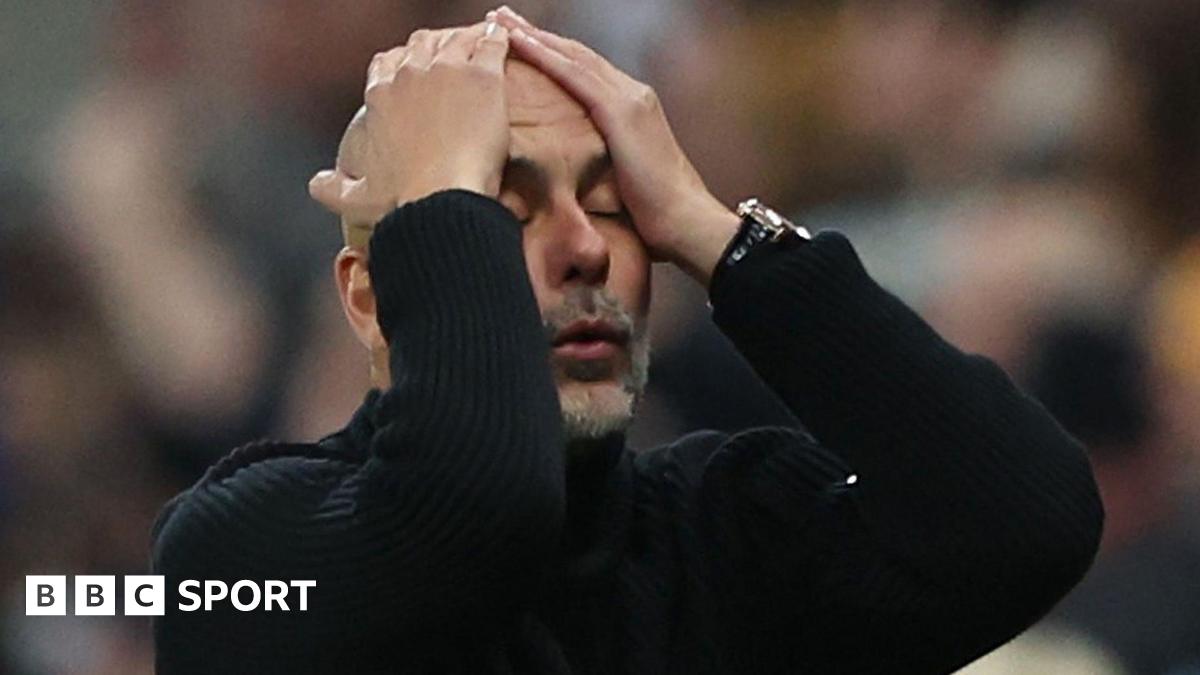The billionaire Jewish family whose philanthropy recently became the target of protesters at the National Gallery of Victoria say they will not be deterred from their support of the arts institution.
In their first public comments since a pro-Palestine rally descended on the gallery, the Gandel family pledged their ongoing financial backing at a time when other Jewish philanthropists are reconsidering where they channel their support.

John and Pauline Gandel.Credit: Jason South
The head of the Gandel Foundation, established by the family in 1978, emphasised the long-running relationship between the Gandels and the gallery.
“The family are very proud about their long partnership and connection with NGV, which has nothing to do with any demonstrations, but is just a long-term well-documented relationship with NGV and other cultural institutions in Melbourne,” said Adam Ognall, who was appointed chief executive in March.
Asked if that support would be continuing, he answered: “Yes.”
On July 27, pro-Palestine protesters marched on the gallery, sending it into lockdown, writing on the gallery wall slogans such as “NGV funded by Zionists” and holding banners which said “NGV, you can’t hide, you’re supporting genocide”.

Pro-Palestine protesters rallied outside the NGV last month.Credit: Nine News
Premier Jacinta Allan labelled the actions extremist and antisemitic, saying the demonstrators were shameful and that she supported the Gandel family.
Polish immigrants Sam and Faye Gandel established the family’s business credentials by founding the Sussan women’s fashion chain. Their son, John Gandel, became the billionaire co-owner of Chadstone Shopping Centre. John Gandel is married to Pauline Gandel, who was honoured with a Companion of the Order of Australia for her community work.
The family is a long-standing supporter of Israel. The Gandel Foundation funds the Birthright program, which is managed by the Zionist Federation of Australia and provides free tours of Israel, Jerusalem and the occupied Golan Heights for young Jewish adults from around the world.
John Gandel told the AFR in the aftermath of Hamas’ October 7, 2023, attack on Israel, when about 1200 people were killed and 250 taken hostage, that the country had to go “all out” in response. “There’s sort of no choice. If they don’t go all out it means they withdraw. They can’t do it gently,” he said.
In the two years since, at least 60,000 Palestinians have been killed by Israel in Gaza, which is now in the grip of starvation, prompting a humanitarian outcry and some countries moving towards recognising a Palestinian state. Gandel has made no further remarks about the conflict and is believed to be currently overseas.
However, the head of the gallery’s council of trustees sought to clarify the belief by gallery protesters that the NGV had held a secret, extravagant party for Pauline Gandel and had renamed its Great Hall in her honour.
“It was a 90th birthday for Pauline Gandel - who already has a gallery named after her,” Janet Whiting said. “The Gandel family hired out the Great Hall and they had a function - the NGV did not have a function.”
The venue and hospitality - provided by an independent caterer - was paid for by the Gandels, she said, and the event was a family celebration. There were hundreds of guests, including the Israeli and Japanese ambassadors.
The party’s Japanese theme was chosen by Pauline Gandel, who donated $1 million to the NGV for The Pauline Gandel Gallery of Japanese Art, which opened in 2012.
Whiting acknowledged the right to protest but not to target the NGV and the Gandels.
“Jewish people are not accountable for the conduct of the Israeli government. We don’t hate the Russians because Putin is a nutter doing terrible things.”
The NGV has not publicly announced that its Great Hall will be renamed after the family, but The Age understands there are plans to rename the hall after a significant donation from Pauline Gandel. The timeline for this is uncertain.
Loading
The NGV protest and the targeting of the Gandels has affected Melbourne’s billionaire Jewish philanthropists, who say giving to community is embedded in Jewish tradition, religion and custom.
“What has taken place at the NGV and similar institutions, both here and overseas, may not diminish the Jewish community’s overall commitment to philanthropy, but it is definitely prompting greater caution,” one Melbourne billionaire, who declined to be publicly identified, told The Age.
“Donors are now much more discerning about where their funds go, and more prepared to reconsider or withdraw support from organisations that become associated with controversy.”
But with many funds already allocated, sources say it would be highly unusual for funding to be quickly axed or refunds demanded.

Jayson Gillham took legal action against the MSO.Credit: Simon Schluter
Other prominent Melbourne Jewish families have been active for decades, giving their names to hospital wings, research centres and concert venues. They include:
- The Myers - businessman Sidney Myer founded the department store chain and his philanthropy later paid for the Sidney Myer Music Bow;
- Naomi Milgrom, the daughter of Marc and Eva Besen, who acquired outright the Sussan fashion empire in 2003 and funds the annual MPavilion architecture commission in Queen Victoria Gardens. Her parents founded the TarraWarra Museum of Art in Healesville;
- The Pratt family, owners of the cardboard packaging empire Visy, who created The Pratt Foundation in 1978;
- The Smorgon family of industrialists, who have wings named after them at the Peter MacCallum Cancer Centre, the Royal Victorian Eye and Ear Hospital and the National Gallery of Australia.
The NGV march follows nearly two years of tensions over Israel and Gaza involving cultural institutions, pro-Palestine protests, local Zionist support for Israel and debate over anti-Zionism and antisemitism.
Flashpoints have included law firm Arnold Bloch Leibler terminating funding for arts precinct Collingwood Yards after a row over the production of allegedly antisemitic material; fallout when the Melbourne Symphony Orchestra cancelled a performance by guest pianist Jayson Gillham following his onstage dedication of a performance to “the journalists of Gaza”; and a donor and ticketing boycott that erupted at the Sydney Theatre Company after actors wore Palestinian keffiyehs during a curtain call.
There was also turmoil at the Australian Centre for Contemporary Art board over social media posts that led to a resignation and the State Library of Victoria cancelled workshops by pro-Palestinian writers, leading to accusations of censorship.
Last year, Rising Festival said it was no longer receiving money from the Besen Foundation after some artists withdrew, citing the family’s support of Israel.
Ognall, however, said philanthropy was flourishing in line with ambitious policy goals from Philanthropy Australia to double structured giving to $5 billion by 2030 nationwide, but arts and culture donations had failed to fully recover from a slump during the pandemic.
“In the last period, issue such as rising antisemitism and hate are more prevalent … and the need to respond to them, which we’re contributing to, is growing,” he said.
“But at the same time we are still funding in the arts and in health and medical areas, in the Jewish community and more broadly in Australian society, so it’s that balance between the two that’s always been key to the foundation.”
Ognall also said fundraising for climate change was rising but the arts and culture sector was receiving a lower percentage of donations than in previous decades.

Lillian Kline says events have not altered the Victor Smorgon Foundation’s giving programs.Credit: Eddie Jim
Lillian Kline, head of philanthropy for the investment firm Victor Smorgon Group, said recent events hadn’t changed their philosophy about supporting the arts but noted people would be “hard-pressed” to find “a Jewish community member who hasn’t had experience of quite horrific antisemitism”.
“Most Jews would say ‘criticise the Israeli government, criticise the Israeli government policy, write letters to the embassy, go and protest outside the embassy’,” she said.
“To throw paint at the NGV because one of their donors happens to be a Jewish family, is so well beyond the pale.
“There’s distress and disappointment that there is not more vocal opposition to that. There’s no Jewish Lives Matter tiles being rolled out on social media.
“We support the arts because we understand the importance of art in a flourishing democracy like Australia, we will continue to support the NGV. We’re not backing down.”

Jewish philanthropist Moran Dvir.Credit: Simon Schluter
Moran Dvir, who runs advocacy group Project A, formed after October 7, said she had stopped giving to some women’s and children’s international charities after they failed to condemn the killings.
“One hundred per cent of my giving is to my community at the moment,” Dvir said.
“I have felt in the past much more connected to the broader community and to my country, to Australia, and to where I live and to where I’m raising my family.
“But I have to say, at this moment in time, it’s difficult to feel that, that connection I certainly haven’t seen, or I should say, I would have liked to see more Australians support our community, just in solidarity as well.”
Whiting said she was constantly astounded by the generosity of Victorian donors.
“My sense is this is a terribly sad time for Jewish people here, but I don’t see they are in any way withholding their continued generosity.”
Start the day with a summary of the day’s most important and interesting stories, analysis and insights. Sign up for our Morning Edition newsletter.
Most Viewed in National
Loading



